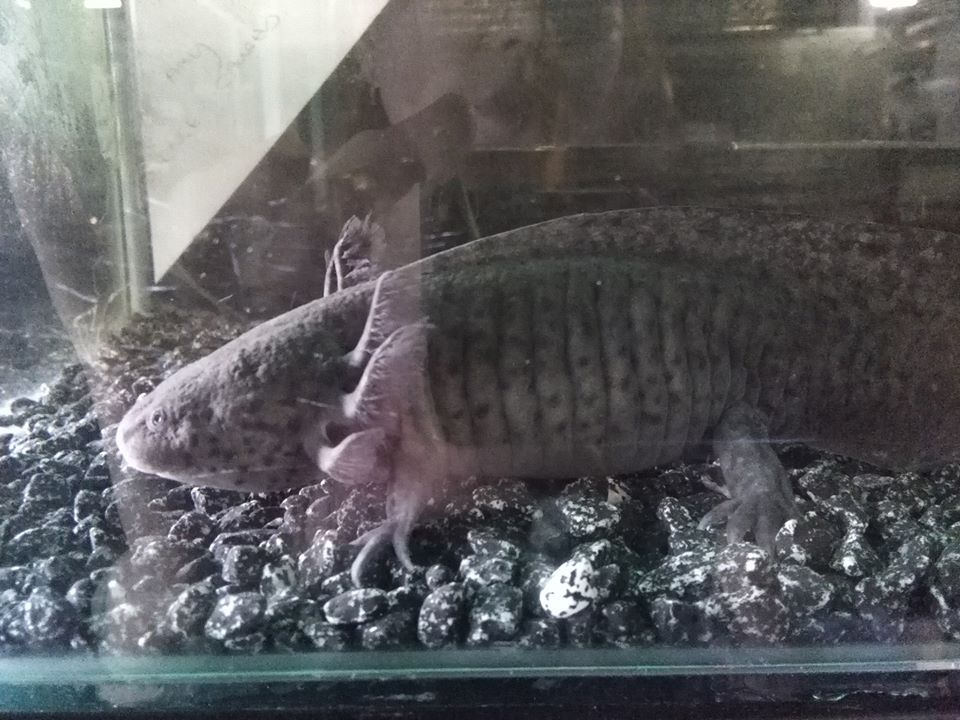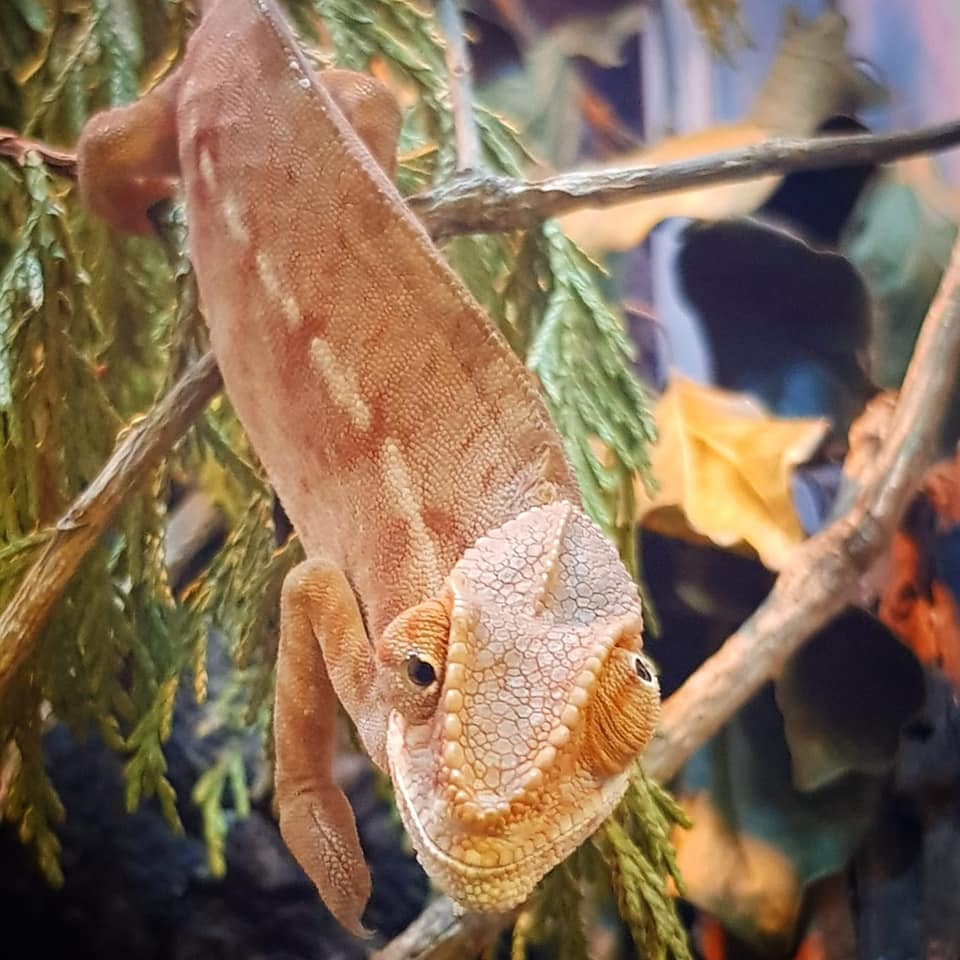- [email protected]
- National Animal Rights Association, Suite 10684, 26/27 Upper Pembroke Street, Dublin 2, D02 X361.
The Reptile Trade
Unfortunately it is still legal in the Republic of Ireland to sell reptiles. Some are bred in captivity, and others are captured from the wild.

Who are the APA?
The Animal Protection Agency (APA) is the only European organisation solely focused on ceasing the trade in wild animals as “pets”. Founded in 2004, APA regularly contributes to the media, conducts scientific studies, provides advice to local and national Government, and offers a variety of educational resources, from leaflets to film.
Lush supports the APA to ban the reptile trade
The main aim of Lush’s part in this campaign is to counter the sales pitch propagated by the reptile industry that reptiles are ‘easy to keep’. Claims are regularly made that reptiles make less demanding pets than dogs but this is only true if reptiles are kept in conditions where they are forced to suffer. As they are pre-programmed for a life in the wild, reptiles do not adapt to artificial conditions and therefore trying to replicate their natural environment is virtually impossible. Many reptiles die because of inappropriate housing, inadequate diet and simply from the stress of living in an unnatural environment. Concerns about the growing exotic pet trade are shared by all major animal welfare groups, as well as the British Veterinary Association.
Unfortunately it is still legal in the UK and the Republic of Ireland to sell reptiles that have been captured from the wild in other countries. Collecting reptiles for the pet trade is now considered a major threat to wild populations around the world, disrupting ecosystems and driving species to extinction. The majority of wild-caught reptiles come from Africa, Asia, and South America. Last year, records show that nearly 200,000 reptiles arrived in the UK from outside the EU – the majority of them wild-caught. The trade in captive-bred reptiles is also a major concern – many UK captive-breeding operations operate outside of the law, are unlicensed and uninspected.
Information
Six million reptiles were imported into the EU last year from countries outside of the EU. These figures only show recorded trade; the true scale of the trade is actually much larger and is driving many species towards extinction. The capture and transportation process is inherently crude and brutal. Chameleons, for instance, can suffer broken bones whilst being collected from the wild, either from rough handling or from the blow they receive when knocked from the branches to the ground. These frightened animals, who are usually solitary for most of the time, hiss and bite each other when packaged together in batches, which causes further injury and stress. The chameleons, already suffering from shock, can then endure long periods of dehydration and unsuitable temperatures whilst being transported the long distance to the wholesaler.

Most wild-caught reptiles die within their first year in captivity. Breeding reptiles in captivity for the pet trade causes suffering on a huge scale. According to the Animal Protection Agency, commercial reptile breeding operations in the UK routinely operate outside of the law, are unlicensed and uninspected, and conditions are invariably inhumane. The rise in popularity of reptiles as pets is certainly due in part to the way they are marketed – such as the claim by dealers that reptiles are easier to keep than dogs. Starter-kits are often sold alongside newly purchased animals. For these enormously complex animals; ‘off-the-shelf’ kits are nothing more than short-term life support systems and can be lethal in the long term.
There is very little reliable information available on basic reptile care. Guidance that can be found on a lot of websites and in care-sheets and guide books can be misleading, false and even dangerous. For some species, good quality information is available but tends to be buried in scientific texts and is largely inaccessible to the general public. To make matters worse, pet shops set a bad example to customers. For example, reptiles
should never be kept in glass tanks. In the wild, reptiles don’t encounter glass boundaries and never adapt to cope with them. Repeatedly trying to escape can cause facial injuries and also long-term and consistent stress.

Victims of trade
It’s a sad fact that most people who buy a reptile get more than they bargained for when they realise how time-consuming and expensive it is to try to replicate the animal’s wild environment. As a result, most reptiles die within a year in captivity. Others are neglected or discarded, causing untold misery, and many abandoned reptiles end up in overcrowded rescue shelters.
Meanwhile, the reptile trade is an expanding industry, so
traders continue to import reptiles in large numbers while breeders flood the market with curiosity hybrids and albinos.
Reptiles, like all animals, belong in their natural environments. If you want to adopt a companion animal, please take one from your local no-kill shelter that is in need of a home.
Animals are not for your entertainment. It's time to abolish the pet trade.
We have various campaigns running at any one time. Please click to learn about more issues!
Subscribe to our newsletter
NARA is a legal, grassroots level organisation that only operates within the law. Information on this website is for the purpose of legal protest and information only. It should not be used to commit any criminal acts or harassment. NARA is not affiliated to any other animal rights group. NARA has no links or involvement with the Animal Liberation Front or the Animal Rights Militia. Any articles published on this web site relating to illegal activities are posted for the sole reason of publishing news related to animal rights, and are not intended to incite or encourage similar acts.

CONTACT
- [email protected]
- National Animal Rights Association, Suite 10684, 26/27 Upper Pembroke Street, Dublin 2, D02 X361.
Copyright © 2024, National Animal Rights Association.
